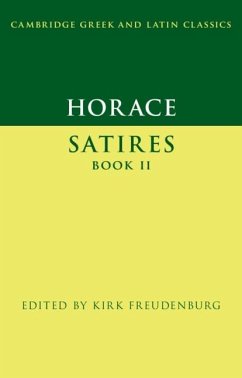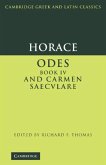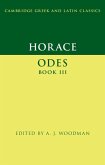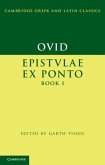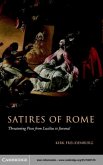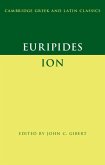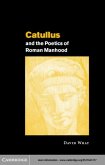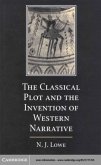The satires explored in this volume are some of the trickiest poems of ancient Rome's trickiest poet. Horace was an ironist, sneaky smart, and prone to hiding things under the surface. His Latin is dense and difficult. The challenges posed by these satires are especially acute because their voices, messages, and stylistic habits are many, and their themes range from the poet's anxieties about the limits of satiric free speech in the first poem to the ridiculous excesses of an outrageously overdone dinner party in the last. For students working at intermediate and advanced levels of Latin, this book makes the satires of Horace's second book of Sermones readable by explaining difficult issues of grammar, syntax, word-choice, genre, period, and style. For scholars who already know these poems well, it offers fresh insights into what satire is, and how these poems communicate as uniquely 'Horatian' expressions of the genre.
Dieser Download kann aus rechtlichen Gründen nur mit Rechnungsadresse in A, B, BG, CY, CZ, D, DK, EW, E, FIN, F, GR, HR, H, IRL, I, LT, L, LR, M, NL, PL, P, R, S, SLO, SK ausgeliefert werden.

